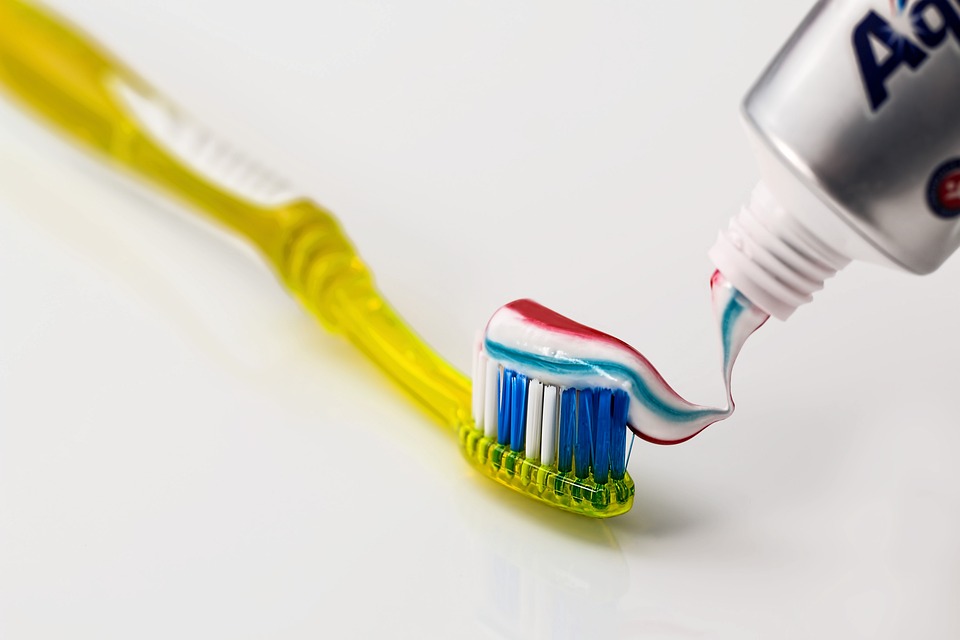Mouthwash 101: Everything You Need to Know About this Essential Oral Care Product
Introduction
Mouthwash is an essential oral care product that provides numerous benefits for maintaining a healthy mouth and fresh breath. In this comprehensive guide, we will delve into all aspects of mouthwash, including its types, benefits, usage, and potential side effects.
Types of Mouthwash
When it comes to mouthwash, there are primarily two types: cosmetic and therapeutic. Cosmetic mouthwashes are mainly used for temporary breath freshening, while therapeutic mouthwashes offer additional oral health benefits. These include fluoride mouthwashes to prevent tooth decay, antiseptic mouthwashes to reduce plaque and gingivitis, and specialized mouthwashes for specific oral conditions.
The Benefits of Using Mouthwash
Mouthwash, when used correctly and as part of a comprehensive oral care routine, can provide several benefits. Firstly, it helps to freshen breath by eliminating odor-causing bacteria. Secondly, mouthwash can reach areas in the mouth that are difficult to clean with a toothbrush, helping to reduce plaque buildup and prevent gum diseases. Additionally, certain mouthwashes containing fluoride can strengthen tooth enamel and prevent cavities.
Proper Usage of Mouthwash
To maximize the effectiveness of mouthwash, it is important to use it correctly. Start by pouring the recommended amount of mouthwash into a cup (usually about 20-30ml) and swish it around your mouth for around 30-60 seconds. It is crucial to avoid swallowing the mouthwash, as it may contain ingredients that are harmful if ingested. Finally, spit out the mouthwash and refrain from eating or drinking for at least 30 minutes after use to allow its active ingredients to work effectively.
Potential Side Effects
While mouthwash is generally safe to use, some individuals may experience certain side effects. These can include a burning or stinging sensation in the mouth, dryness, or an altered sense of taste. If any of these side effects persist or worsen, it is recommended to discontinue use and consult a dental professional. Additionally, individuals with certain conditions or allergies should carefully read the product labels or consult their healthcare provider before using mouthwash.
FAQs
- Q: How often should I use mouthwash?
- A: It is generally recommended to use mouthwash twice a day, following brushing and flossing.
- Q: Can mouthwash replace brushing and flossing?
- A: No, mouthwash should be used as an adjunct to regular brushing and flossing, not as a substitute.
- Q: Can children use mouthwash?
- A: Children under the age of six should not use mouthwash, unless specifically prescribed by a dentist.
- Q: Are there any alcohol-free mouthwashes available?
- A: Yes, there are alcohol-free mouthwashes available, which are suitable for individuals who prefer or require alcohol-free products.
Conclusion
Mouthwash is an essential oral care product that offers numerous benefits for maintaining a healthy mouth. By understanding the different types of mouthwash, its benefits, proper usage, and potential side effects, you can make informed decisions about incorporating mouthwash into your oral care routine. Remember to consult with your dental professional if you have any specific concerns or questions regarding the use of mouthwash.
For more information on oral care products, you can check out this informative article: Link to Mouthwash Guide.




